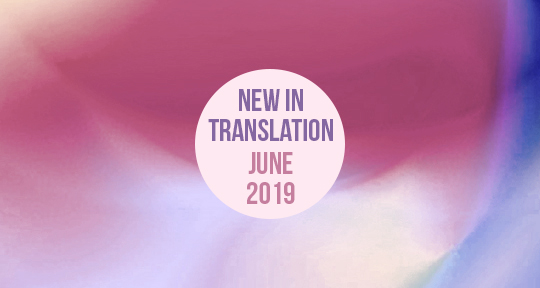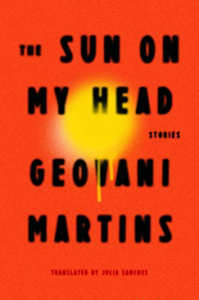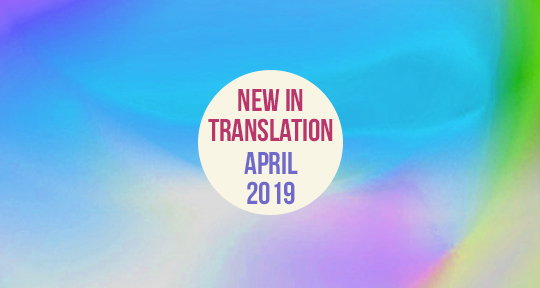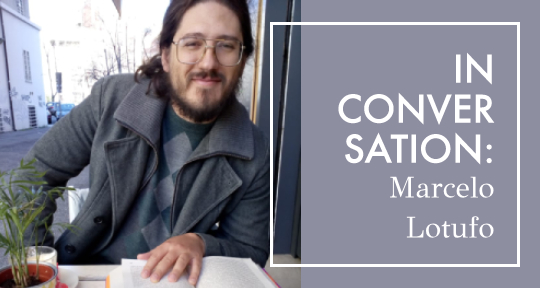Between the pages of beloved books some sunlight gathers, as writers and readers from the various corners of our world gather to greet, honour, and celebrate one another. Crowds gather in search for literature in Rio de Janeiro, a Guatemalan favourite is shortlisted for a prestigious Neustadt International Award, and genre fiction takes the spotlight in Hong Kong. Travel with us between cobblestone and concrete, as our editors bring you the close-up view on global literary news.
Daniel Persia, Editor-at-Large, reporting from Brazil
One can hardly say it’s been winter here in the state of Rio de Janeiro, with the sun shining over the 17th edition of FLIP, the International Literary Festival of Paraty, from July 10 to 14. The festival—one of the world’s largest, and certainly Brazil’s most anxiously awaited—brought thousands of readers and writers to the cobblestone streets of Paraty in celebration of world literature. The main programming welcomed internationally acclaimed writers Grada Kilomba (Portugal, author of Plantation Memories: Episodes of Everyday Racism), Ayòbámi Adébáyò (Nigeria, author of Stay with Me), and Kalaf Epalanga (Angola, author of Também os brancos sabem dançar), among others, with events in various languages, including Portuguese, Spanish, French, English, and Libras (Brazilian Sign Language). But the magic of this year’s FLIP certainly wasn’t confined to the mainstage: the “houses” of Paraty’s historic center were transformed into venues for book readings, signings, and endless conversation; a parallel “Flipinha” brought the literary festival alive for children of all ages; and the first-ever FLIP international poetry slam packed the main plaza for an unforgettable night, featuring poets from Cabo Verde, Portugal, Spain, Brazil, the US, and the UK. Anyone looking for a recap of the main events can head to FLIP’s YouTube page to check out the action!










